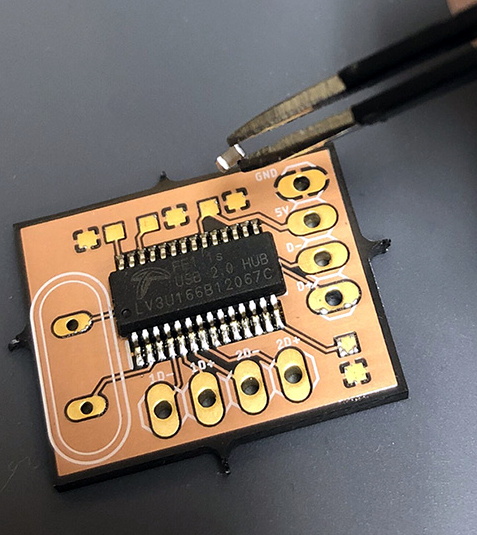

an economical and feature-rich USB hub can seem like a godsend when your laptop or desktop begins to run low on ports, allowing you to connect everything from external hard drives to keyboards and webcams, all via a single unit. Yet, if you’ve utilized a USB port and experienced unexpected disconnections, sluggish data transfer speeds, or devices failing to power on, you’re not mistaken.
Although USB hubs are intended for ease of use, they do come with compromises. Depending on the hub’s quality and the number of devices linked, you may encounter problems like bandwidth limitations, inadequate power supply, or sporadic hardware instability. For example, some of the top external hard drives and cameras that require significant power may not get sufficient energy from an unpowered hub, resulting in performance issues or complete disconnections.
A USB hub won’t inherently damage your system, but it can present peculiarities that are important to comprehend before depending on one for everyday use. From power allocation and data traffic jams to possible interference, there’s more complexity behind a straightforward USB hub than you might anticipate. Here’s what you need to be aware of regarding the possible drawbacks of using a USB hub, and how to mitigate them.